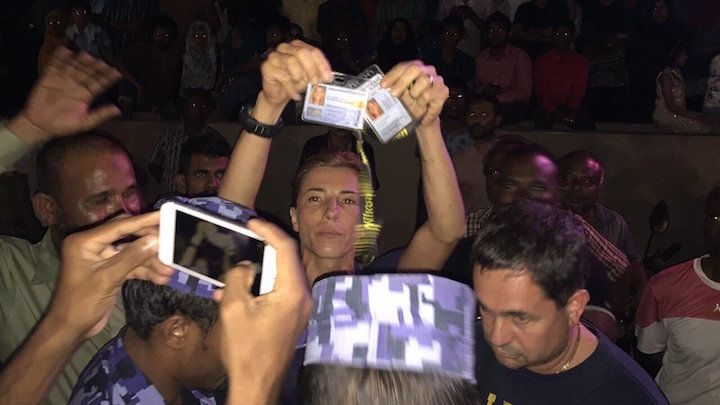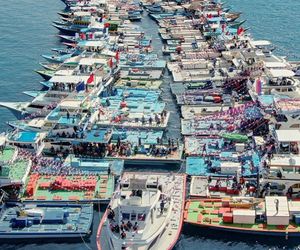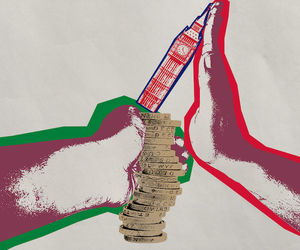Maldives to subject foreign press to background checks
Foreign journalists and photographers are now required to share details of their work, travel histories, education, bank account and criminal records, if any, before their arrival

25 Aug 2016, 9:00 AM
The department of immigration has set new rules requiring background checks on foreign journalists and photographers visiting the Maldives.
The move comes amid growing international press coverage of a protracted political crisis here, including an upcoming documentary by Al Jazeera about alleged corruption and abuse of power by President Abdulla Yameen.
Foreign journalists and photographers are now required to inform the government of the details of their work, their travel histories and education, and information on their bank account and criminal records, if any, before their arrival.
Hassan Khaleel, a spokesman, said the new rules are aimed at “checking who these people are and the purpose of their work.” The vetting procedures are in line with international best practices, he said.
Become a member
Get full access to our archive and personalise your experience.
Already a member?
Discussion
No comments yet. Be the first to share your thoughts!
No comments yet. Be the first to join the conversation!
Join the Conversation
Sign in to share your thoughts under an alias and take part in the discussion. Independent journalism thrives on open, respectful debate — your voice matters.




